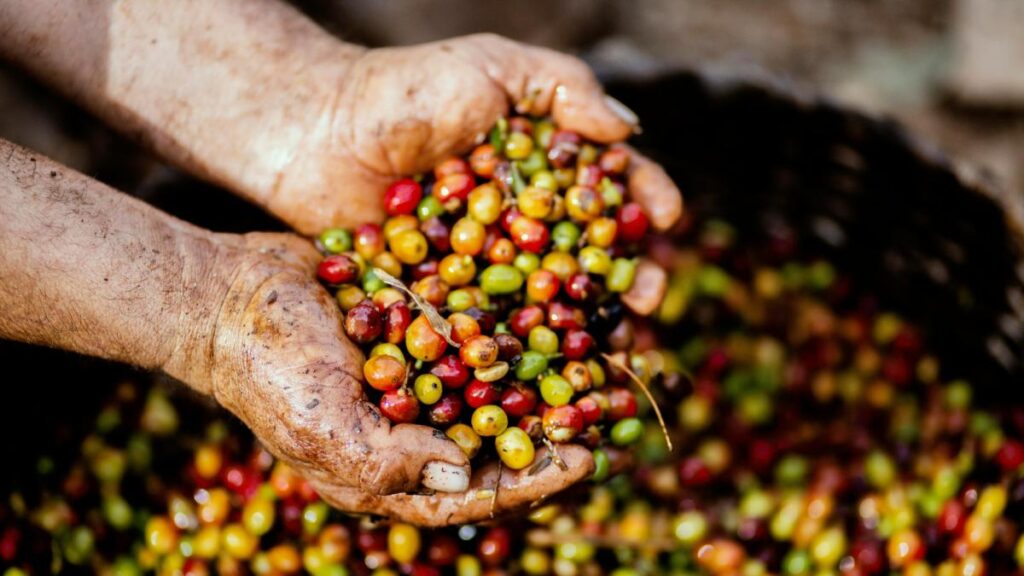What is the Sustainable Coffee Development Law?
The Mexican Senate unanimously approved the Sustainable Coffee Development Law on April 10, 2025. This new legislation replaces an outdated 1972 law and establishes a comprehensive, up-to-date legal framework to strengthen the entire coffee value chain. This includes production, commercialization, training, research, quality, financing, fair trade, and environmental sustainability.
The law introduces mechanisms for obtaining market reference prices based on market studies, helping coffee producers negotiate more effectively with collectors and prevent abuses like “coyoteism.” It promotes access to technical training, research, and technological innovation. The coffee sector is recognized as strategic, facilitating the allocation of public resources to the industry.
Benefits for rural and indigenous communities
More than 70% of coffee producers are indigenous or afro-Mexican, many of whom are women. The law aims to strengthen their economic and social role by promoting shade-grown production models that preserve forests, biodiversity, and culture.
Benefits for consumers
The law establishes traceability principles, allowing consumers to know the origin and conditions of their coffee. It encourages fair trade and sustainability practices, ensuring better quality, transparency, and ethics in the final product.
Benefits for the country
The law reinforces food sovereignty by treating coffee as a strategic good. It also enables better preparation to face climate change by establishing a specific chapter on climate resilience and green financing.
What tools does the law create?
- National Commission for the Development of Mexican Coffee: A platform where producers, government, and industry design public policies.
- National Coffee Farming Information System: A database enabling informed decisions and price tracking.
- Training, certification, and climate financing programs for producers.
- Certifications and official recognition for shade-grown cultivation as an environmentally responsible production method.
What does this law not do?
- It does not impose fixed prices or producer collusion.
- It does not infringe on federal competencies or contradict international treaties.
- It does not limit competition; instead, it aims to level the playing field for small producers.
Why does this matter to people?
Every cup of coffee served at home or in a café represents a story of hardship, inequality, and lack of recognition. This law not only reorders the sector but also recovers the dignity of Mexican agriculture and provides real tools for coffee-producing families to live better, produce sustainably, and receive a fair price.
What’s next?
The bill has been submitted to the Chamber of Deputies, where it will be discussed and voted on to become a valid law. If passed, Mexico would have a modern and just law, as well as a new way of looking at coffee.






